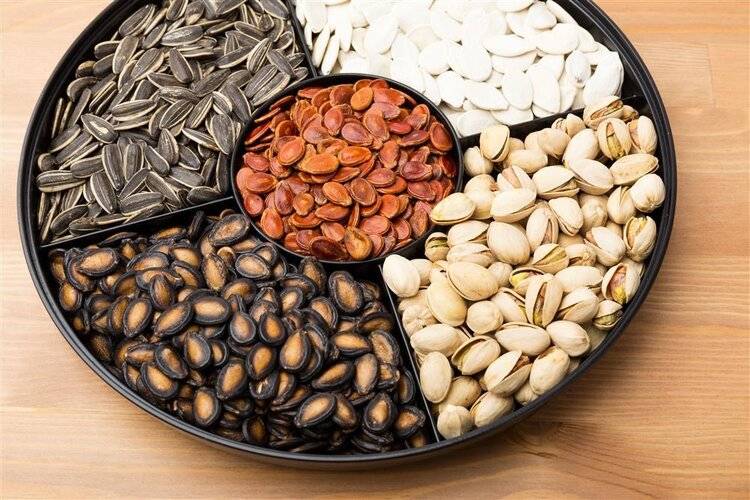Sixty-four-year-old Wang Daye has been strictly controlling his diet since being diagnosed with diabetes five years ago. Over the years, his blood sugar levels have remained relatively stable, but this has caused him immense suffering, as he must check the glycemic index of everything he intends to eat online. Moreover, many of his favorite foods are no longer permissible.
Dietary control inevitably leaves him feeling hungry, which leads him to often sneak out for walks, pocketing some sunflower seeds to satisfy his cravings.
Unfortunately, he was caught by his wife soon after. “Do you still dare to eat sunflower seeds? Don’t you know these are sunflower seeds, which can be pressed for oil? They must be high in oil content!”
Not only did she make her point, but she also confiscated the remaining seeds. This left him puzzled; can sunflower seeds really cause a spike in blood sugar?
1. Are sunflower seeds a “catalyst” for diabetes? Is there any truth to it?
The latest guidelines released by the American Diabetes Association have moved the recommended screening age for diabetes back by a full ten years, meaning everyone should undergo blood sugar screening starting at age 35.
Statistics from 2021 show that approximately 6.7 million adults worldwide died from diabetes or its complications—one person every five seconds.
Many people believe they won’t be chosen for diabetes until they are diagnosed; however, the increasing number of cases over the past decade has shattered this illusion.
In China, the number of diagnosed diabetes cases has surged from 90 million to 140 million, an increase of over 50%. Nearly half of those affected were unaware of their condition prior to testing. Data shows that in China, the awareness rate for diabetes is only 36.7%, meaning that two-thirds of people may not know they have diabetes until it is too late.
Everyone knows that people with diabetes need to control their diet, but not everyone understands what can and cannot be eaten. As mentioned earlier, some say that sunflower seeds accelerate the progression of diabetes and are highly harmful to the pancreas, suggesting they should be avoided. But is that really the case?
Not quite; sunflower seeds are actually very nutritious. They contain various vitamins, potassium, iron, zinc, and other trace elements that are beneficial for preventing anemia and maintaining cardiovascular health. Particularly, the potassium in sunflower seeds plays a substantial role in stabilizing blood pressure. In addition, sunflower seeds help regulate brain cell metabolism, stabilize blood pressure and lipid levels, and alleviate symptoms of nervous exhaustion and insomnia.
However, sunflower seeds are indeed high in fat, and their palatable flavor and small size make it easy to overconsume, leading to excessive fat intake and resulting in insulin resistance, which can raise blood sugar levels. Nevertheless, as long as they are consumed in moderation, even diabetic patients can enjoy them.
In terms of diet, diabetics can choose suitable foods carefully while maintaining stable blood sugar levels, as this is essential for maintaining overall health.
2. Doctors advise: Protect your pancreas by adhering to 4 eat and 3 don’ts!
The pancreas function of diabetics is only 30-50% effective compared to that of healthy individuals. Without proper control measures, this function will continue to decline over time, making the preservation of pancreatic function a vital aspect of diabetes management. A study published in the journal “Diabetes Treatment” indicated that 60% of patients showed significant improvement in pancreatic function through improved dietary habits, so protecting…


